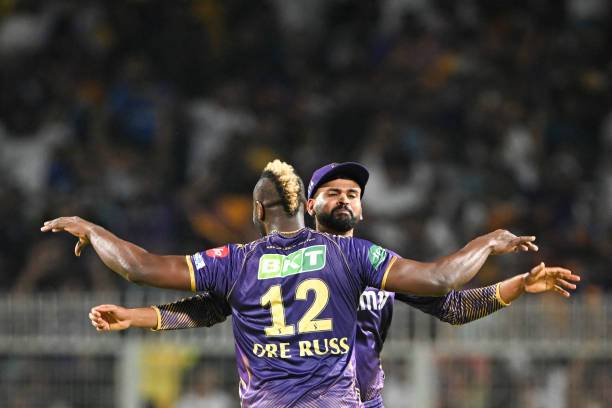The Psychology of Cricket Betting: Understanding Gambler’s Behavior
Lotus365: Betting on cricket involves a complex web of psychological factors that can influence an individual’s behavior. One such factor is the concept of self-control, where individuals may struggle to resist the urge to place bets, especially when influenced by excitement or peer pressure. This lack of self-control can lead to impulsive betting decisions, driven by the desire for quick rewards and the fear of missing out on potential winnings.
Moreover, cognitive biases, such as the illusion of control or the availability heuristic, can play a significant role in shaping cricket betting behaviors. The illusion of control refers to the belief that individuals have more influence over the outcome of a game than they actually do, leading them to overestimate their ability to predict results accurately. Similarly, the availability heuristic can lead individuals to rely on readily available information or recent events when making betting decisions, rather than considering a broader range of factors that may impact the outcome of a match.
Impact of Cognitive Biases on Betting Decisions
Cognitive biases play a significant role in shaping individuals’ betting decisions in the realm of cricket gambling. One common cognitive bias that impacts betting behavior is the confirmation bias, where individuals seek out information that confirms their preconceived notions about a particular team or match outcome. This bias can lead bettors to ignore contradictory evidence and make decisions based on selective information that aligns with their beliefs.
Moreover, another cognitive bias that influences betting decisions is the availability heuristic, where individuals tend to overvalue information that is easily accessible or memorable. In the context of cricket betting, this bias can manifest when bettors place disproportionate weight on recent team performance or players’ past achievements, overlooking other crucial factors that could affect the outcome of a match. By recognizing and understanding these cognitive biases, individuals engaged in cricket betting can make more informed and rational decisions, potentially improving their overall betting strategies.
Role of Emotional States in Gambling Choices
Emotions play a significant role in the decision-making process of individuals engaging in gambling activities. The excitement, anxiety, and thrill experienced during betting can heavily influence the choices made by individuals. For some, the anticipation of a win can lead to a heightened sense of euphoria, prompting them to continue betting even when logic dictates otherwise.
Conversely, emotions such as fear of losing or regret can also impact gambling decisions. The dread of facing losses or the remorse of past failures can drive individuals to make hasty and irrational choices in the hope of rectifying their situation. These emotional states may cloud judgment and lead to impulsive decisions that can result in further losses.







